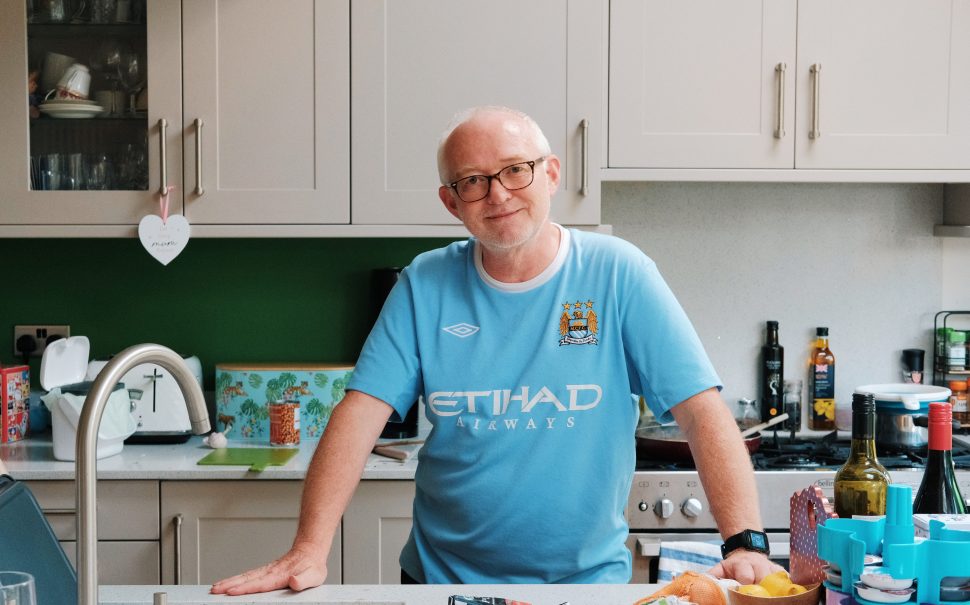Nearly 6,000 tonnes of CO2 could be saved if Premier League fans swapped to veggie burgers for just one weekend, a new project has found.
Environmental charity Hubbub ran the three-week ‘Manchester is Green’ challenge, which inspired fans of Manchester United and Manchester City to eat more sustainably.
The project set out to explore if football could be used as a hook to inspire fans and their households to eat better for the environment.
Carl, a United fan from Newton Heath, said: “I love bacon butties, pies and steak, I’m not really the kind of person that would normally go for this.”
He managed to reduce the number of times he ate these products from five or six days a week to one or two.
Carl isn’t alone, with 70% of participants now eating less meat – showing how the project has managed to flip stereotypes about football and food habits.
Almost nine in ten of those that took part believe that football clubs and players should play a role in inspiring football fans to take on, even more, planet-friendly behaviours.
Hubbub identified clear actions that football clubs can take to help reduce emissions, including offering more plant-based meals at games and supporting local community groups to help people cook more tasty and healthy meals.
Although a lot of focus is on cleaner transport for clubs or tackling energy inefficiencies in stadiums, the potential impact of fans’ behaviour is enormous.
With clubs leading, supporters will soon follow.
Gavin Ellis, co-founder of Hubbub, said: “The conversation around the role football can play in tackling climate change is rapidly evolving.
“Football has a unique role in society; it can mobilise collective change and a growing number of voices are saying that it could be a powerful and, as yet, largely untapped asset in the fight against climate change.”
Main image: Manchester City fan David, who took part in the project.




